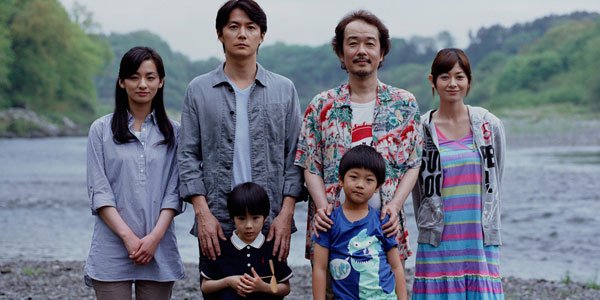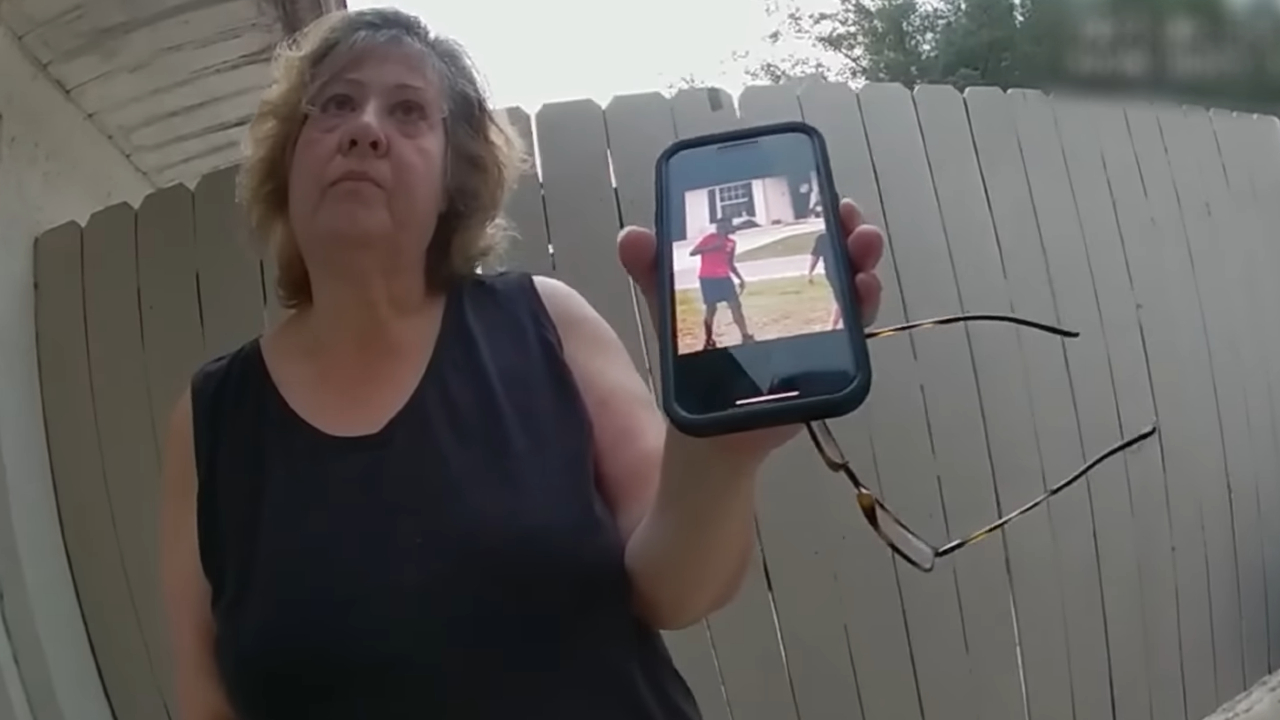NYFF Review: It's Easy To See Why Spielberg Loves Hirokazu Kore-eda's Like Father Like Son

What defines family: shared blood or shared experiences? This is the complicated question posed in Hirokazu Kore-eda's thought-provoking drama Like Father Like Son (or Soshite Chichi ni Naru in its native Japan). As you might suspect, the film, which has already drawn notice at Cannes, taking home the Jury Prize at the prestigious film festival, gives no simple answer. Instead Kore-eda creates a narrative that is intellectually sharp and emotionally profound by exploring this tricky terrain across gender, class and generational lines.
Like Father Like Son centers on the struggle two families encounter when a hospital confesses that their six-year-old boys where switched at birth. While this premise might easily lend itself to melodrama and a string of heart- wrenching scenes of hysterics, Kore-eda keeps things calm by focusing on one of the fathers, Ryota (Masaharu Fukuyama), who is dedicatedly pragmatic and stern. These attributes plus an undying diligence at work are things he has long tried to instill in his son Keita (Keita Ninomiya). But despite regimented piano lessons and solemn lectures about duty and bravery, Keita is a sweet and cheery boy defined by his kindness, not discipline. Ryota complains to his wife Midori (Ono Machiko) that kindness is a weakness in this world, but it is Keita's kindness that ends up proving pivotal as the plot progresses.
Finding the boy they have raised is not theirs biologically, Midori is shattered, and can’t imagine swapping Keita for her blood son, no matter what the hospital suggests. Ryota on the other hand finally finds an explanation for why this boy is so disappointing to him, and is curious what his real son is like. However, any illusions of the perfect progeny are rattled when he meets Keita's biological parents, who repulse Ryota to his core. Where he and Midori are upper middle class, sophisticated and educated, Yudai (Lily Franky) and his wife (Yôko Maki) are working class, and a bit crass and slovenly by comparison. Yudai is always running late, ever draped in wrinkled clothes and uncombed hair, and repeatedly wonders aloud how much money the hospital will pay them for this ghastly mistake. Ryota cringes at the thought of his son--biological or adopted--being raised by this goofball, and begins to wonder if he can't keep both.
The families experiment with what it would mean to swap sons by play dates that give way to sleepovers. While Ryota's emotional journey drives the film, director Kore-eda deftly gives windows into how each of the parents and sons is experiencing this world-shifting situation, revealing hope, tenderness, and grief. The boys’ grandparents weigh in on different sides. Midori’s mother recounts a time when war demanded people take in orphans, and how this built new families. But Ryota’s father—who has notably remarried—insists blood defines us, and it can't be ignored no matter how convenient. But in the end, it’s not just up to the parents to decide what family is. It’s also up to these six-year-old sons. Without spoiling the ending, allow me to say Kore-eda has built a beautiful movie with conclusion that is well earned and deeply moving.
Between its emphasis on father-son relationships and humane treatment of characters confronting a maddening scenario, it's easy to see why Steven Spielberg bought the film's remake rights following its Cannes premiere. Here's hoping the could-be remake takes the risk of making the main character as grimly unlikeable as Kore-eda has, as it makes for fantastic rewards in this thoughtful drama's finale.
Like Father Like Son will screen on September 30th and October 2nd at the New York Film Festival. Kore-eda will appear in person at a Q&A following the screening on the 30th.
For our complete New York Film Festival coverage, click here.
Your Daily Blend of Entertainment News
Staff writer at CinemaBlend.

